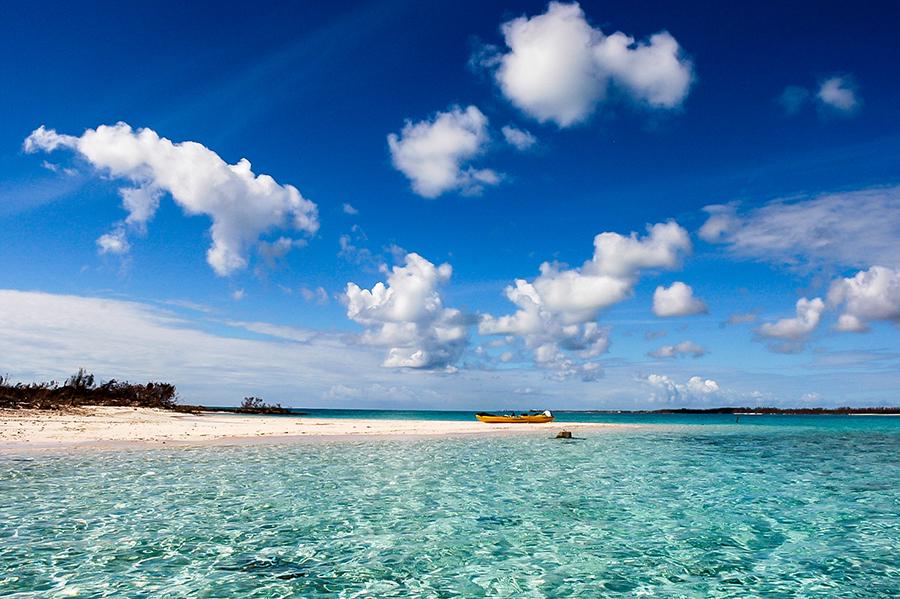SUSTAINABLE TOURISM HOLDS FIRM ON GRAND BAHAMA ISLAND

With drastic changes to the island’s topography and its tourism economy, as a result of Hurricane Matthew, one might begin to wonder whether or not the ‘Grand Life’ still exists in the nation’s second city.

Known for its diverse offering of soft adventure experiences from east to west, appealing to a cross section of travelers, the resiliency of Grand Bahama Island’s nature tourism product remains a force to be reckoned with.
To assure travelers and tourism stakeholders of this truth, the Ministry of Tourism’s Sustainable Tourism Unit set out on an extensive assessment to see, first-hand, the state of many of the island’s most frequently accessed nature trails and beach access points.
Jeffrey Pinder, Senior Executive for Sustainable Tourism said, “Tour companies can make an impact almost immediately and help the economy of Grand Bahama because the average eco tour operator doesn’t have his own complete operation so, in addition to the use of the natural environment, he needs external support from restaurants, transportation companies and other service providers.”

He pointed out that “In addition to the assessment, this exercise is purposed to give the eco tour operators the necessary exposure by placing them on www.bahamasgeotourism.com, an eco-tour specific website that delivers information to customers seeking these types of off the beaten path experiences.”
The Bahamasgeotourism.com website is a joint venture between the Bahamas Ministry of Tourism (BMOT) and National Geographic for ecotourism related information.
Pinder said, “With over 11 direct eco tour operators, who range from first to ninth place in the top ratings on Trip Advisor, the focus of this exercise is to help them get the word out that they are ready and operating.”
The assessment exercise began on November 4th with the National Park at Peterson’s Cay, an off-island site known for its beautiful coral reef systems and untouched natural landscape.
The national park has always been a favorite among tour companies like Calabash Ecoadventures, who escorted the tourism team, along with a couple of visitors from Germany.
Despite the state of the island at the time, the visitors’ plans to visit Grand Bahama were not derailed by the closure of many of the major properties and tourist hubs.
Cancelling their trip to the island was never an option as the two visitors had booked their travel online through Air B&B, which allowed them to secure lodging at an apartment complex that suited their preference.
The group, who participated in a kayak and snorkel tour, said that their favorite part of the day was exploring the coral reefs and viewing the fish.

Jeffrey Pinder said that “There were some damages to the coral reefs and the park but what was most important is that the changes to the environment were not a concern for the visitors; this is what we want to ensure.”
Shamie Rolle, Owner of Calabash Ecoadventures, explained that although the hurricane may have caused some damages, “it came in and did its job.”
To explain this, he elaborated that “Before the hurricane came through, the reef was bleaching- the water was very warm causing a coloration of the coral; the job of the hurricane is to disburse the temperature and keep the environment healthy.”
Calabash Ecoadventures resumed operations within two weeks after the passing of Hurricane Matthew, which made it possible for guests who arrived on island via the Balearia and were staying at the Royal islander Hotel to take a kayak and snorkeling experience at Paradise Cove in West End.
To date, the following eco tour companies are fully operational: Blue Green Outdoors, Paradise Cove, UNEXSO, Grand Bahama Nature Tours, CocoNutz Cruisers, Reef Tours and Calabash Eco Adventures, among others.
